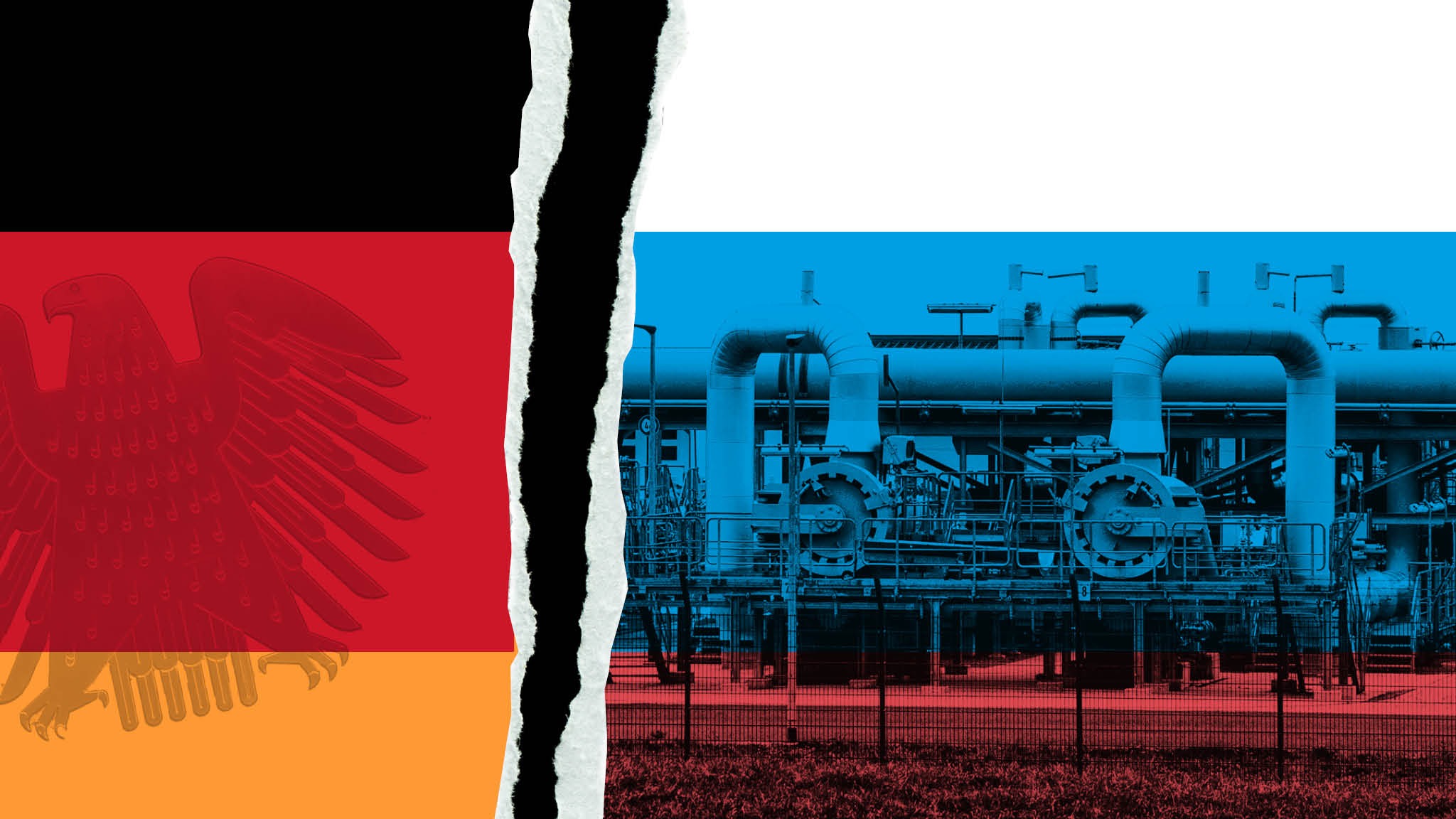Germany affects the economic health of 20-member eurozone: Is Russia’s invasion of Ukraine the reason Europe had to succumb to recession?
Recession in Germany led to crashing down of Europe’s economy, Russia-Ukraine war one of the major reasons

Germany experiences recession
If an economy of a nation has two straight quarters of decline, that nation is said to be experiencing in a recession. Based on official data released on May 4, 2023, Germany entered a recession as its GDP shrank in the initial quarter of 2023. According to the figures, the biggest economy in Europe shrank by 0.3% between January and March of this year. This follows a contraction of 0.5 percent in the final three months of last year. As mentioned, Germany is the biggest economy in Europe, hence the Euro subsequently declined.

Even while exports and investments from the private sector increased, it was insufficient to prevent a recession in Germany. Germany’s inflation rate was 7.2% in April 2023, higher than the European average. It fell short of the UK’s 8.7% month earlier, though. Germany’s economy appears to be on its path to emerging as the worst among the developed countries of the world, according to a report from the International Monetary Fund (IMF).
As reported by Finance Minister Christian Lindner, unexpectedly bad indications emerged from the German GDP report. In comparison to other highly developed countries, he said, Germany’s economy had diminished capacity for expansion. Referring to IMF predictions that only Germany and Britain amongst European nations will experience a recession in 2023, he said he was opposed to Germany to be involved in a league where they were obligated to play themselves into last place.
Reasons behind crashing of economy of Germany and Europe
The energy crisis that the nation experienced as a result of the Russian invasion of Ukraine was among the key causes that had an influence on the German economy. Energy costs in Europe had already been ascending when Russia invaded Ukraine in February of the previous year, sending them to all-time highs. After that, Moscow started to cut off the gas supply to Europe, which prompted Germany to issue an emergency.
Therefore, Russia’s war with Ukraine, that began on February 24 of last year, has proved to be devastating for everyone in the world, in addition to being catastrophic for the fighting parties. Along with the hundreds of deaths and millions of displaced people, it has also fueled inflation, disrupted the energy markets, and worsened the shortage of food. Germany has also seen significant upheaval. The German economy was being severely impacted by Russia’s special military operations and individual families have also been experiencing the pinch due to rising rent and utility costs.

However, when unprecedented Western unanimity forced Moscow to shut off the gas to Europe, Germany tried to substitute its reliance on Russian energy imports and discovered alternative options, particularly coal, referred to as “dirty fuel,” to get past the energy crisis.
German Institute for Economic Research (DIW) head Marcel Fratzscher estimates that the war in Ukraine cost the economy of Germany €100 billion ($107 billion), or almost 2.5% of its GDP. Fratzscher emphasised that due to its reliance on Russian energy, a significant amount of energy-intensive manufacturing, and its reliance on exporters and international supply chains, Germany has been especially adversely impacted by the recession monetarily.
German Chamber of Industry and Commerce (DIHK) estimates that the effect on the country’s economy in entirety results in a loss of value of almost €2,000 for each citizen. The amount is derived from the 1.8% decline in development that was initially predicted for 2022; the growth that did not occur is equivalent to almost €160 billion.
The enormous influx of Ukrainian migrants into Germany was another way the Russian conflict harmed Europe. Since the start of the conflict, over 17.5 million migrants from Ukraine have fled from their nation and over one million of these individuals have ended up in Germany.
The formal assessment states that after accounting for cost, seasonal, and calendar changes, domestic spending on items including food, clothes, and furniture decreased by 1.2% quarterly. State expenditure fell by 4.9% throughout the quarter as well. Industries have also been directly impacted by the energy crisis.

According to Andreas Scheuerle, a financial analyst at DekaBank, the German consumer has collapsed beneath the pressure of extreme inflation, bringing the whole economy crashing with him. The dramatic increase in energy costs had a negative impact on the winter half-year, according to Joerg Kraemer, chief economist at Commerzbank. As a result, we may conclude that a recession in Germany and Europe was inevitable. The next big question is if there is going to be a rebound in the latter part of the year.
In accordance to a monthly economy study, the German Bundesbank forecasts the economy to expand marginally in the subsequent quarter as a recovery in industry exceeds the impact of stagnant home spending and a decline in construction.




